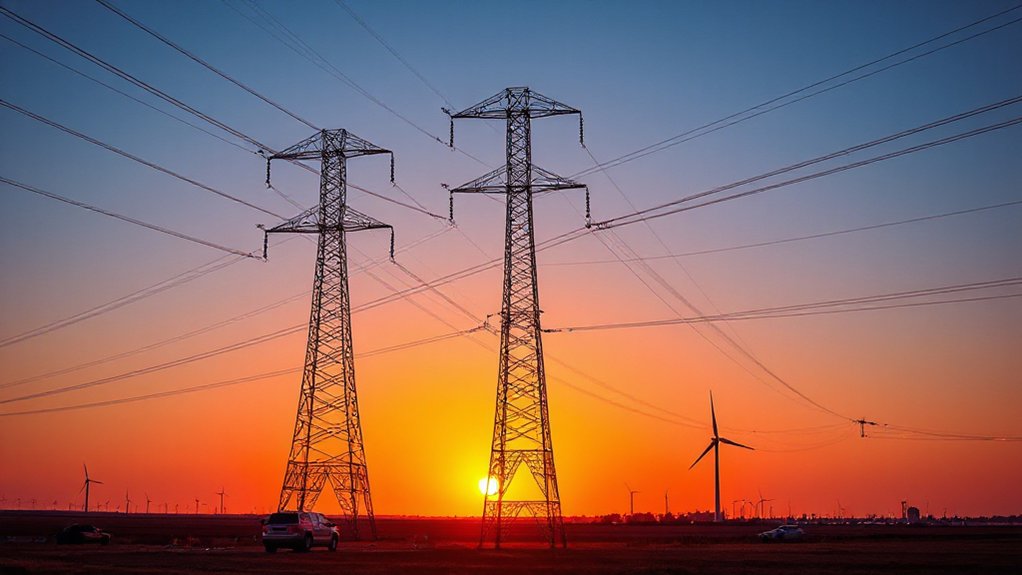Colorado lawmakers have passed a bill requiring climate change warning labels on gas pumps. The measure, House Bill 25-1277, would make Colorado the first state to implement such requirements. Similar to cigarette warnings, these labels aim to inform consumers about fossil fuels’ environmental impact. Supporters believe the warnings will raise awareness about climate risks, while critics worry about costs to gas station owners. The governor hasn’t yet signed the bill into law. What will this mean for Colorado drivers?
A controversial bill requiring gas stations across Colorado to display warning labels about climate change is moving through the state legislature. The proposed law, House Bill 25-1277, recently passed the Colorado House by a narrow margin and now awaits review by the Senate Transportation & Energy Committee.
Colorado lawmakers advance contentious climate warning label mandate for gas stations across the state.
If approved, the bill would make Colorado the first state to mandate climate warnings at fuel pumps. The required labels would tell consumers that using gasoline releases air pollutants and greenhouse gases linked to health problems and global heating.
“It’s similar to the warning labels we see on cigarette packages,” explained one supporter of the bill. The warnings would be printed in black ink on a white background in both English and Spanish, using no smaller than 16-point type to guarantee they’re easy to read.
The bill has sparked intense debate, with 136 lobbyists registering their interest. Environmental groups like 350 Colorado and the Sierra Club have publicly backed the measure, while gas stations, chambers of commerce, and energy trade associations strongly oppose it.
Gas stations that don’t comply would be classified as engaging in deceptive trade practices and could face penalties under consumer protection laws. Retailers would be given 45 days to comply before any enforcement actions are taken. The requirements would apply to all petroleum-based products, including traditional fossil fuels and biofuels like ethanol.
Supporters argue the labels would raise consumer awareness about the environmental and health risks of fossil fuel use. They point to evidence linking vehicle emissions to extreme weather events, wildfires, and drought conditions that have affected Colorado in recent years. The warnings aim to address how fossil fuel burning has contributed to a nearly 2°F increase in global temperatures since 1970.
Critics question whether warnings at the point of purchase will effectively influence consumer behavior or simply create additional burdens for fuel retailers. They also note that during the era of increased fossil fuel use, society has experienced doubled life expectancy and significant improvements in quality of life.
The bill’s passage in the Senate would set a potential precedent for similar measures nationwide. Lawmakers are expected to decide on the measure before the end of the current legislative session, determining whether Coloradans will soon see climate warnings every time they fill their tanks.









